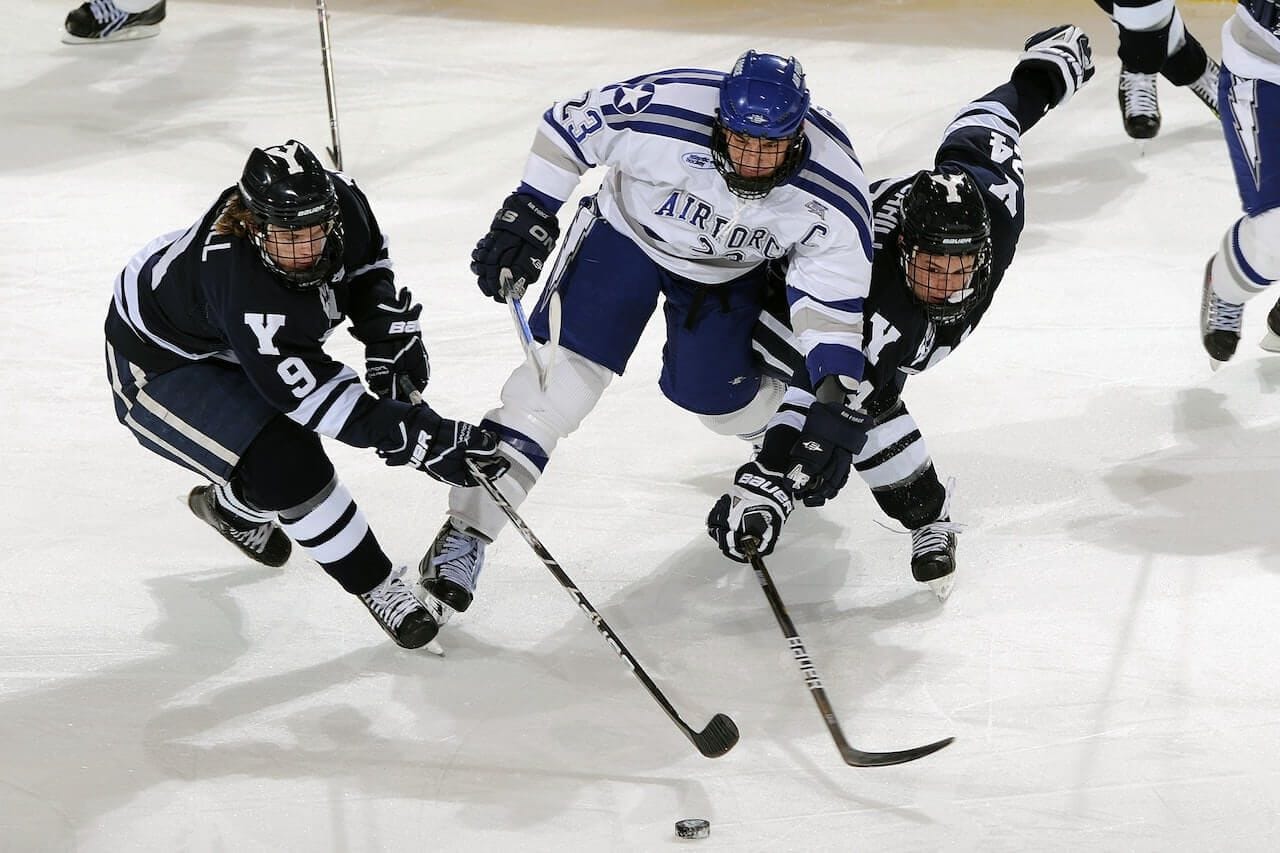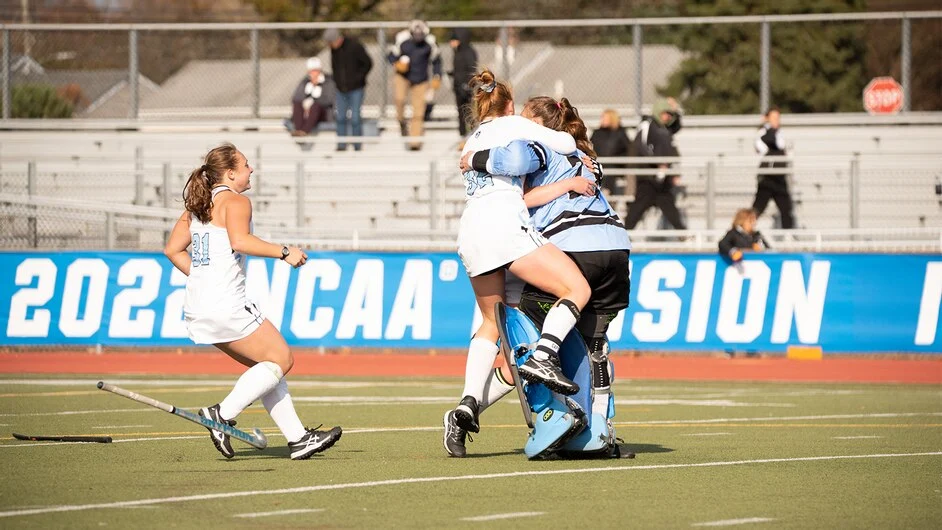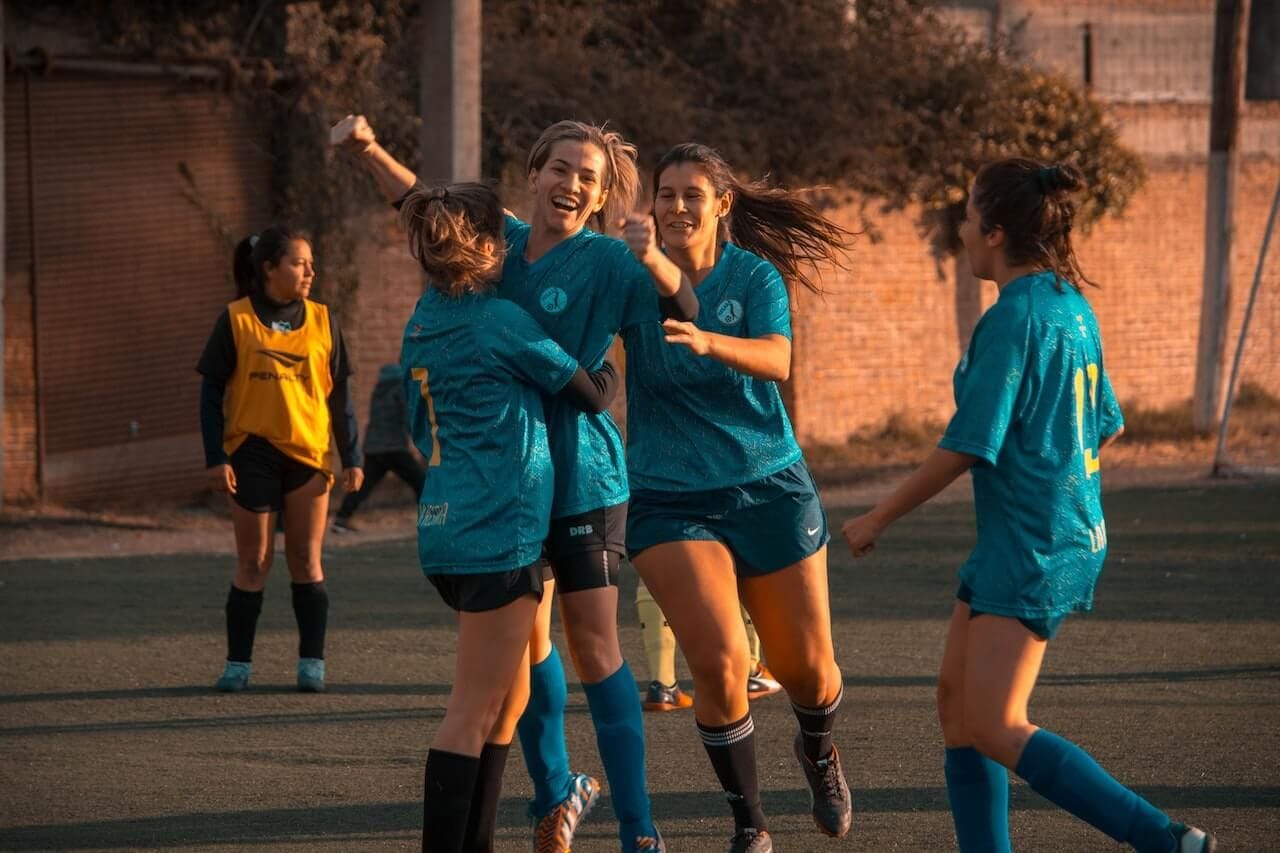I. Introduction

A. Overview of fantasy sports
Fantasy sports have become a worldwide phenomenon, allowing individuals to create virtual teams of real-life athletes and compete against others based on their performance statistics in actual games. Participants draft players, manage their rosters, and strategize to accumulate the most points. With the advancement of technology and easy access to sports data, fantasy sports have gained tremendous popularity in recent years.
B. The growing popularity and impact of fantasy sports on sports fandom
The rise of fantasy sports has had a significant impact on sports fandom. It has not only created a new way for fans to engage with their favorite sports but has also influenced their viewing habits, increased their knowledge of players and teams, and fostered a sense of community among participants.
II. Strategies to Excel in Fantasy Sports
A. Drafting and Team Management
- Researching player statistics and performance trends The key to success in fantasy sports begins with research. Managers need to stay updated on player statistics and performance trends to make informed decisions about whom to draft. Analyzing historical data and current performance metrics allows managers to gauge a player’s potential and make strategic choices during the draft.
- Understanding the importance of positional scarcity Positional scarcity refers to the limited availability of elite players in certain positions. Recognizing this scarcity and prioritizing positions during the draft gives managers a competitive advantage over opponents. By targeting scarce positions early on, managers can secure top-tier players and strengthen their teams.
- Utilizing mock drafts and expert rankings Mock drafts and expert rankings provide valuable insights into the draft process. Participating in mock drafts allows managers to practice different strategies and gauge player values within their specific league settings. Expert rankings provide a benchmark for player evaluations and help validate draft choices. Regularly consulting these resources enhances decision-making during the draft.
B. In-Season Strategies
- Waiver wire pickups and free agent acquisitions Injuries, underperforming players, and breakout stars are inherent to any fantasy season. Successful managers are proactive in monitoring the waiver wire for potential pickups and considering free agent acquisitions. This strategy allows managers to strengthen their rosters by adding valuable players who can make an immediate impact.
- Trading and making strategic roster adjustments Trading is an essential aspect of fantasy sports. Managers should analyze their team’s strengths and weaknesses and identify potential trade targets to improve their rosters. Additionally, strategic roster adjustments involve regularly evaluating player performances and identifying opportunities for improvement. Managers should bench underperforming players and replace them with those who have better matchups or are on hot streaks.
-
Analyzing and exploiting favorable matchups Understanding the impact of matchups is critical. Certain players may excel against specific opponents or in certain environments. Evaluating upcoming matchups and adjusting lineups accordingly can significantly boost fantasy points. By analyzing favorable matchups, managers can optimize their lineups and gain an edge over their opponents.
III. Fantasy Sports and Community Engagement
A. The Social Aspect of Fantasy Sports

- Interacting with league mates and competitors One of the most enjoyable aspects of fantasy sports is the opportunity to interact with fellow league mates and competitors. Whether it’s through in-person drafts, online chat platforms, or social media groups, fantasy sports provide a platform for individuals to discuss strategies, share opinions, and engage in friendly banter. Interacting with others who share the same passion for sports creates a sense of camaraderie and adds an extra layer of excitement to the fantasy experience.
- Trash-talking and friendly competition Trash-talking is a common and often cherished tradition in fantasy sports. It involves playful taunting and teasing of opponents in a lighthearted manner. Trash-talking not only adds an extra element of fun to the competition but also helps to build rivalries and intensify the overall experience. Being able to express oneself and engage in friendly banter with fellow managers adds to the sense of community within the league.
- Building camaraderie and fostering sports knowledge Participating in fantasy sports allows individuals to build camaraderie with other managers. Through discussions, debates, and sharing of insights, participants can learn from each other and foster sports knowledge. This exchange of ideas and information enhances the overall fantasy experience and deepens each individual’s understanding and appreciation for the sports they are involved in. The opportunity to learn from others builds a stronger sense of community and encourages collaboration among fantasy sports enthusiasts.
B. The Impact on Sports Fandom

- Deeper appreciation for player performances Engaging in fantasy sports leads to a deeper appreciation for player performances. As fantasy managers closely monitor the statistics and performances of individual players, they develop a heightened awareness of the contributions made by athletes on a game-by-game basis. This increased attention to individual performances allows fantasy managers to celebrate standout performances and recognize the skills and talents of players that they may not have closely followed before.
- Increased engagement with various sports leagues Fantasy sports provide an avenue for individuals to engage with multiple sports leagues. For example, someone participating in fantasy football may also develop an interest in watching and following real-life football games. As managers root for their fantasy players, they become more invested in the overall outcomes and performances of the teams and players in the respective leagues. This increased engagement with various sports leagues allows fans to enjoy a wider range of sporting events and stay connected throughout the season.
- Creation of new fan communities and forums The rise of fantasy sports has led to the creation of new online communities and forums where fans can connect with others who share their passion. Online platforms and social media groups allow individuals to discuss strategies, seek advice, share their triumphs and struggles, and engage in lively conversations about the world of fantasy sports. These fan communities provide a platform for like-minded individuals to connect, share insights and experiences, and foster a sense of belonging within a broader fantasy sports community.
Conclusion
In summary, fantasy sports not only offer a competitive outlet but also facilitate social interaction and community engagement. The social aspect of fantasy sports includes interacting with league mates, engaging in friendly competition through trash-talking, and building camaraderie while fostering sports knowledge. Additionally, participating in fantasy sports leads to a deeper appreciation for player performances, increased engagement with various sports leagues, and the creation of new fan communities and forums. Considering both the strategic and social aspects of fantasy sports enhances the overall experience for participants and contributes to the growth and development of sports fandom.




